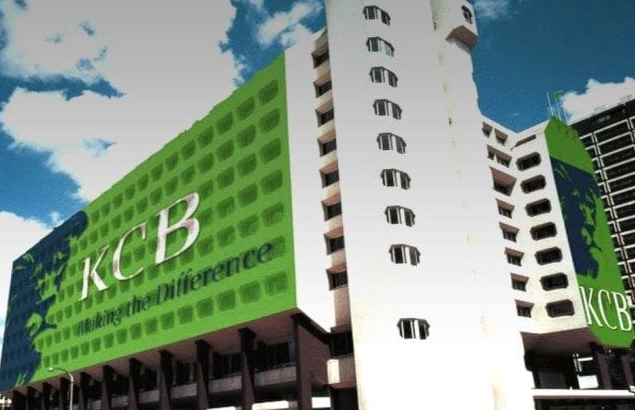Software Licensing and Tax Law in Kenya: Court of Appeal Decision in Kenya Commercial Bank v. Kenya Revenue Authority
- Victor Nzomo |
- May 3, 2017 |
- CIPIT Insights,
- Information Technology,
- Intellectual Property

In a recently reported judgment of the Court of Appeal in the case of Kenya Commercial Bank Limited v Kenya Revenue Authority [2016] eKLR, the central question for determination was whether payments of license fees in terms of royalties were subject to withholding tax. The Court’s answer was a definitive ‘Yes’ but this answer was based on the peculiar facts of the present case. As a side-note, readers may recall that in an earlier post here, we highlighted yet another software license dispute involving Kenya Commercial Bank (KCB).
KCB entered into a Software Licence and Service Agreement with Infosys Technologies Limited (Infosys), a company incorporated in India. By the agreement, Infosys agreed to provide banking software packages and allied services including professional services. In 2004, after a historical review of the contract and the project, the bank and Infosys agreed to terminate the original agreement. The agreement was subsequently terminated by an addendum dated 12th May 2004 which provided in part:
“PAYMENT OF OUTSTANDING SUMS
The Bank shall pay INFOSYS the sum of United States of America Dollars Three Hundred and fifty Three Thousand Five Hundred and Sixty Five (US $353,565) as the amount agreed as outstanding for license, services, Annual Technical Support and travel expenses for the implementation of ITMS. The said sum shall be paid in full within 15 days of execution of this Addendum”
By a letter dated 13th June 2003, the Senior Deputy Commissioner, Local Tax Office notified KCB that it was liable to pay withholding tax on Infosys payments, interest and incidental expenses on Nostro accounts and audit fee paid by the bank to Messrs Ernest and Young. The tax collector advised KCB to pay the tax arrears which stood at shs. 57,150,556/- as at that date. The liability to pay withholding tax on three payments was disputed by KCB. The bank appealed to the Local Tax Committee which on 16th August 2007 decided that: “the payment to Infosys System was in respect of royalty as defined in the Income Tax Act and is therefore subject to withholding tax.”
KCB appealed against that decision to the High Court which dismissed the appeal. In respect of payment to Infosys, the issue for determination in the Court of Appeal was whether that payment was royalties, that is, payment for normal license fees for use of the software, and thus subject to withholding tax.
KCB contended that since Infosys did not deliver the software and since the contract was ultimately terminated, the payments were deposits which were treated in its accounts as capital – work in progress and not payment for services rendered. It was contended that deposits do not attract withholding tax. The tax authority’s case was that from the invoices, the payments were installments in respect of licence fees; that Infosys was paid by the bank as per the agreement and that the tax point for withholding tax is when a person is paid irrespective of whether s/he has delivered or not.
In making a decisive finding against the bank, the court stated in part as follows:
“…the agreement between the parties was for grant of a licence to the bank to use Infosys computer software program and for provision of other services. The agreement specifically provided, inter alia, that Infosys would at all times retain all title, copyright and other proprietary rights in software and that the bank would not acquire any rights other than those specified in the agreement. Clause 3 of the Addendum terminating the agreement provided that all software delivered which the bank had not paid for in full should be deleted, destroyed and de-installed by the bank. It is plain from the agreement that the payment of licence fees was a consideration or the right to use Infosys intellectual property in the form of computer software program which is within the definition of royalty under clause (c) of section 2 of the Act. The issue now raised that there was no clear categorization of the payments was not raised in the High Court and the High Court did not thus make a finding on that issue. There was no ambiguity. The issues framed before the local committee shows that “royalties” referred to licence fees for use of the software.”
This outcome, although not surprising, raises interesting questions about KCB’s insistence that the license sums paid to the software firm fell outside the definition of a royalty as defined in the tax law. From a copyright owner perspective, this case illustrates the need to be attentive to the tax implications of license agreements and ensuring that licensees fully undertake their obligations over and above the requisite royalty payments.

Martin Njogu
Valbert Rutasitara